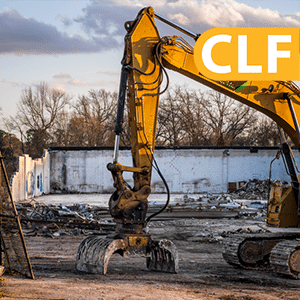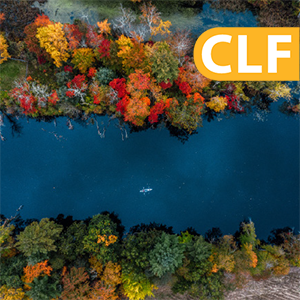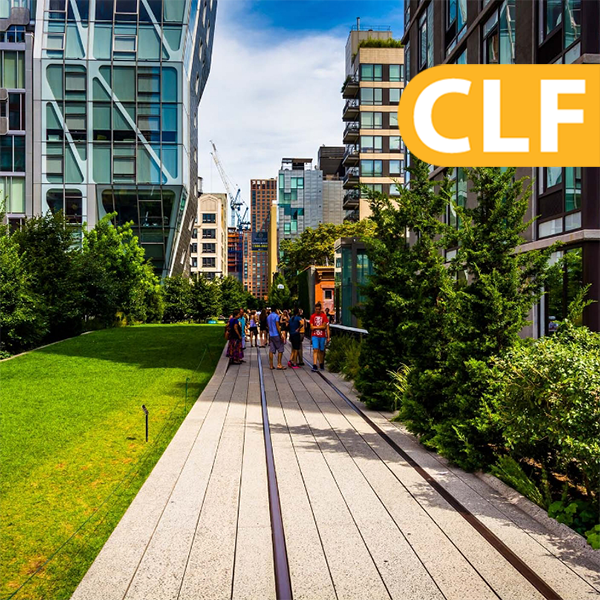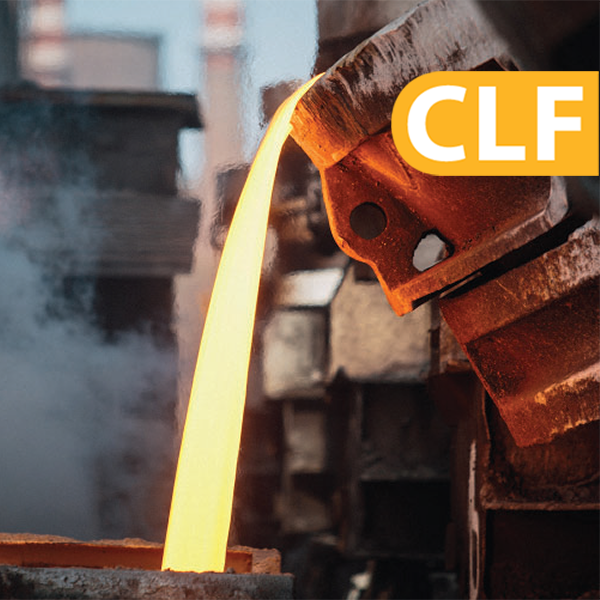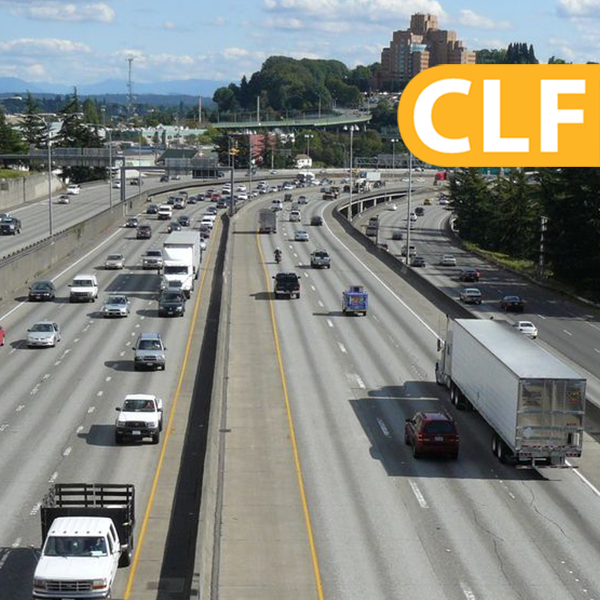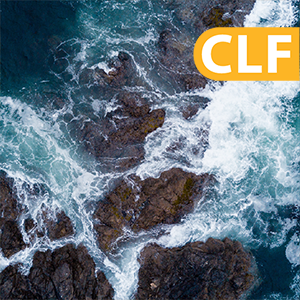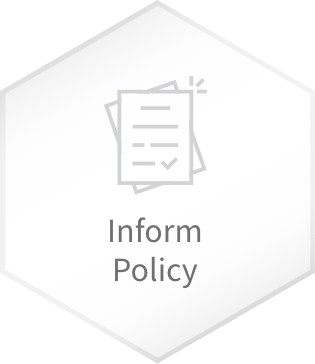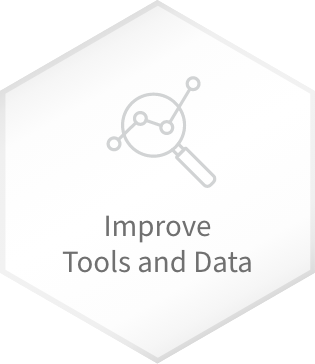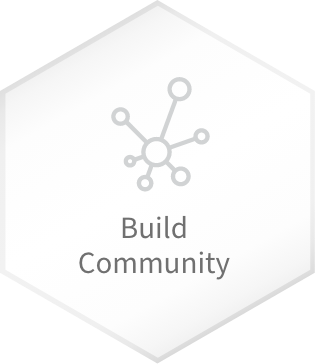Research is critical to decarbonization
Our mission is to eliminate embodied carbon in buildings, materials, and infrastructure to create a just and thriving future.
CLF engages in a variety of research programs and projects designed to improve the quality and quantity of data, the methodology used to evaluate and compare that data, the tools needed to drive reduction of embodied carbon in materials, design, and construction, and the policies required to drive change.
CLF Research Areas
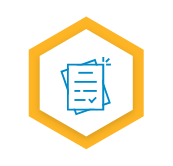
Policy

Data & Tools

Materials

Life Cycle Assessment
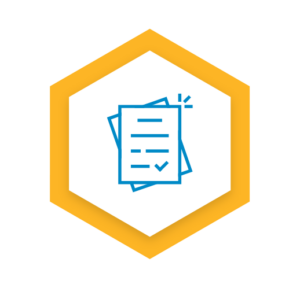
Policy
Tools and resources provide the clarity needed for meaningful action.

Data & Tools
Data is essential to drive effective decarbonization policies and targets.

Materials
Innovative materials and designs accelerate decarbonization.
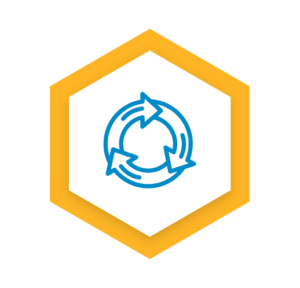
Life Cycle Assessment
LCA brings home the
urgency of addressing embodied carbon.
Research is critical to decarbonization
Promote understanding of the critical importance of whole building life cycle assessment (WBLCA) tools, and work to increase access to high quality, trustworthy LCA data and tools.
Develop the baselines and methodology, both for material and whole buildings, to enable progress in setting and meeting emission reduction targets.
Aggregate qualitative data from stakeholders active in the introduction or implementation of embodied carbon policies to inform the development of more effective future programs.
Work to develop and harmonize carbon accounting standards, tools and policy language that focus US and global policy efforts on the most effective models.
Create training and tools that enable policymakers to easily track and verify policy compliance.
Participate in standards committee to provide unbiased technical expertise to advance the development of embodied
carbon standards.
Identify, evaluate, and support the use of novel biogenic and other low-carbon or carbon-storing building materials.
How does CLF research enable decarbonization?
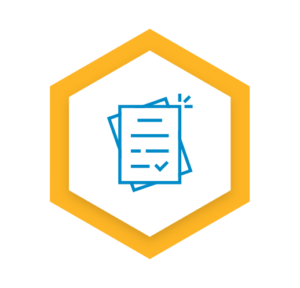
Promotes understanding of the critical importance of whole building life cycle assessment (WBLCA) tools, and work to increase access to high quality, trustworthy LCA data and tools.
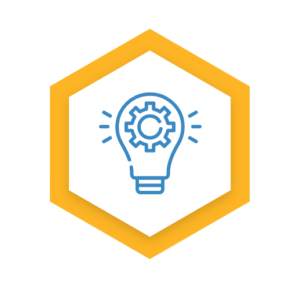
Develops the baselines and methodology, both for material and whole buildings, to enable progress in setting and meeting emission reduction targets.
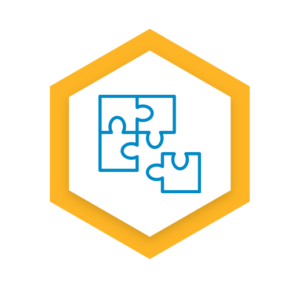
Aggregates qualitative data from stakeholders active in the introduction or implementation of embodied carbon policies to inform the development of more effective future programs.
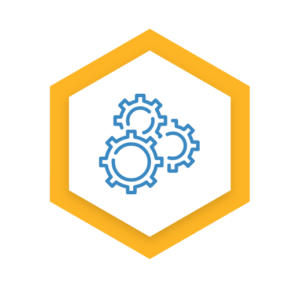
Works to develop and harmonize carbon accounting standards, tools and policy language that focus US and global policy efforts on the most effective models.

Creates training and tools that enable policymakers to easily track and verify policy compliance.

Participates in standards committee to provide unbiased technical expertise to advance the development of embodied
carbon standards.
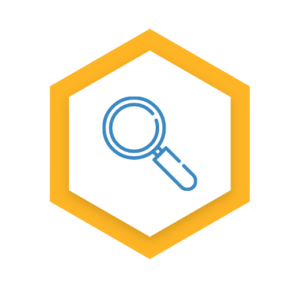
Identifies, evaluates, and supports the use of novel biogenic and other low-carbon or carbon-storing building materials.
Featured Research

